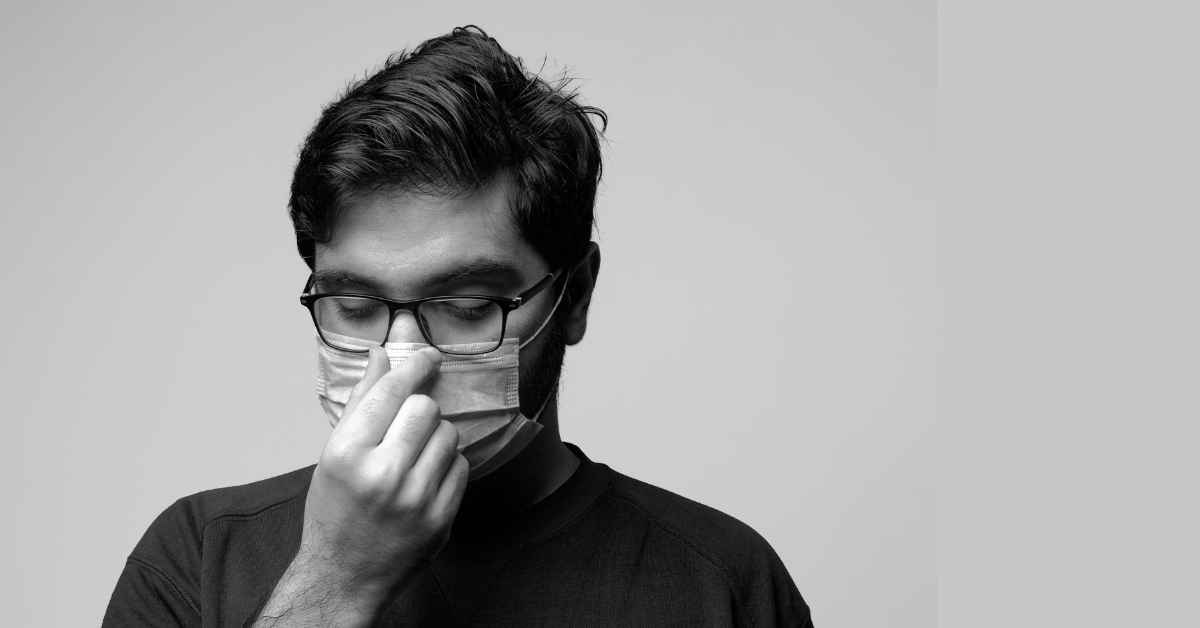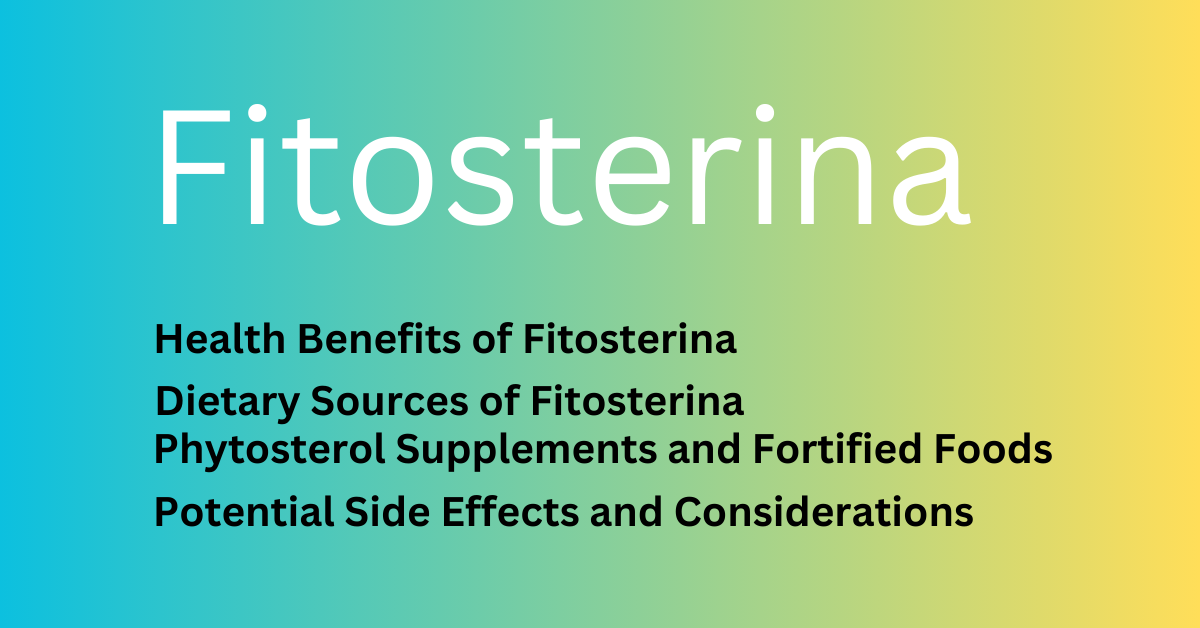Understanding Sniffles:
Before diving into the specifics, it’s essential to understand what exactly sniffles are. Sniffles refer to the condition characterized by the repetitive action of inhaling through the nose to clear mucus or discharge. It’s often accompanied by congestion, runny nose, and sometimes, sneezing. While sniffles are typically associated with the common cold, they can stem from various factors, including allergies, infections, or irritants.
Causes of Sniffles:
- Common Cold: One of the primary culprits behind sniffles is the common cold. Caused by viral infections, particularly rhinoviruses, colds can lead to nasal congestion, runny nose, and sneezing.
- Allergies: Seasonal allergies triggered by pollen, dust mites, pet dander, or mold can also result in sniffles. When the immune system overreacts to these allergens, it releases histamines, leading to nasal inflammation and increased mucus production.
- Sinus Infections: Sinusitis, an inflammation of the sinus cavities, can cause blockages and lead to sniffles. Bacterial or viral infections often trigger this condition, resulting in nasal congestion, facial pain, and postnasal drip.
- Environmental Irritants: Exposure to environmental irritants like smoke, pollution, or strong odors can irritate the nasal passages, causing sniffles.
- Structural Abnormalities: Structural issues such as deviated septum or nasal polyps can obstruct nasal airflow, leading to sniffles.
- Medications: Certain medications, particularly those used to treat high blood pressure or allergies, can have side effects like nasal congestion, contributing to sniffles.
Environmental Factors
Environmental factors such as dry air, pollution, and exposure to smoke can irritate the nasal passages, leading to sniffles. Dry air, especially in winter or air-conditioned environments, can dry out nasal passages, so using humidifiers and staying hydrated can help. Pollution from smog, car exhaust, and industrial emissions can inflame nasal passages, making it important to stay indoors on poor air quality days or wear a mask outdoors. Smoke from cigarettes, wildfires, or cooking can also cause irritation, so avoiding smoke and ensuring good ventilation are crucial to mitigating its effects.
Treatment Options:
When it comes to treating sniffles, the approach varies depending on the underlying cause:
- Over-the-Counter Medications: Antihistamines, decongestants, and nasal sprays can provide relief from sniffles caused by allergies or congestion.
- Home Remedies: Steam inhalation, saline nasal rinses, and staying hydrated can help alleviate nasal congestion and thin mucus.
- Prescription Medications: In cases of severe allergies or sinus infections, a healthcare provider may prescribe stronger medications.
- Nasal Irrigation: Using a neti pot or nasal irrigation system can effectively flush out mucus and allergens from the nasal passages.
- Rest and Hydration: Getting plenty of rest and staying hydrated can support the body’s immune system in fighting off infections and reducing nasal congestion.
- Surgical Intervention: In some cases, surgical procedures may be necessary to correct structural abnormalities causing chronic sniffles.
When to See a Doctor
While sniffles are generally not serious, it is important to seek medical advice if symptoms persist for more than ten days, are severe, or are accompanied by high fever, facial pain, or green nasal discharge. These could indicate a more serious condition that requires medical intervention.
Preventive Measures:
- Practice Good Hygiene: Washing hands frequently, especially during cold and flu seasons, can help prevent the spread of viruses that cause sniffles.
- Avoid Allergens: Minimize exposure to known allergens by keeping windows closed during high pollen seasons, using air purifiers, and regularly cleaning household surfaces.
- Stay Hydrated: Drinking plenty of fluids can help keep nasal secretions thin and prevent congestion.
- Maintain a Healthy Diet: Consuming a balanced diet rich in fruits, vegetables, and immune-boosting nutrients can support overall health and reduce the risk of infections.
- Regular Exercise: Engaging in regular physical activity can strengthen the immune system and promote respiratory health, reducing the frequency and severity of sniffles.
- Manage Stress: Prolonged stress can weaken the immune system, making the body more prone to infections. Practicing stress-reduction techniques like meditation or yoga can help mitigate this risk.
Conclusion:
Sniffles may seem like a minor inconvenience, but they can significantly impact our daily lives if left untreated. By understanding the causes, treatment options, and preventive measures outlined in this guide, you can effectively manage sniffles and minimize their impact on your overall well-being. Whether it’s practicing good hygiene, adopting healthy lifestyle habits, or seeking medical advice when needed, taking proactive steps can help you breathe easier and enjoy life to the fullest.
FAQs:
Are sniffles contagious?
Sniffles caused by viral infections like the common cold can be contagious, especially during the initial stages when symptoms are most severe.
Can allergies cause year-round sniffles?
Yes, allergies triggered by perennial allergens like dust mites or pet dander can cause year-round sniffles for some individuals.
Is it safe to use nasal decongestant sprays regularly?
No, overusing nasal decongestant sprays can lead to rebound congestion and worsen sniffles over time. It’s best to use them sparingly and for short durations as directed.




